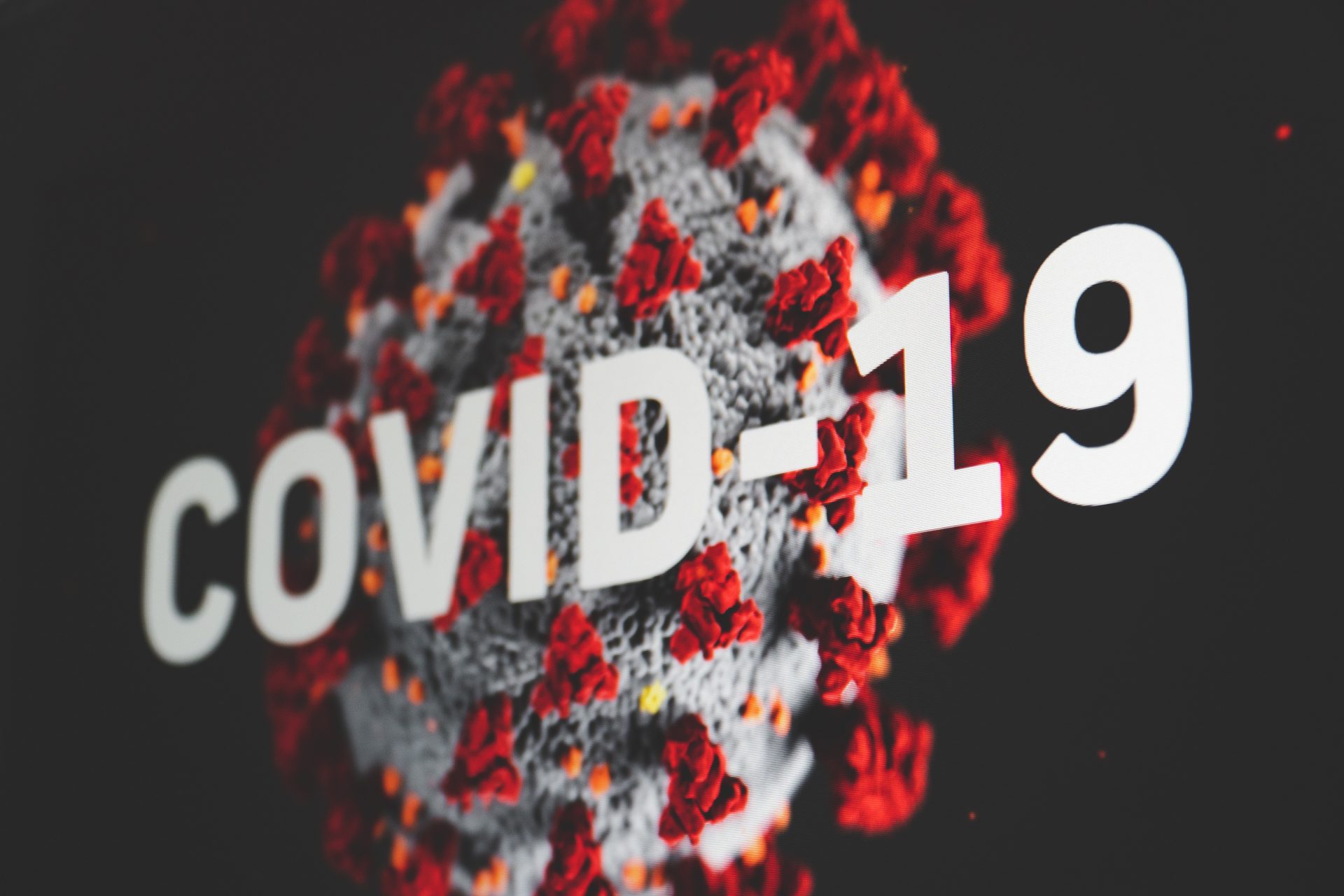
The polarised discussions that dominated the COVID crisis were not about vaccines or lockdowns. The pandemic served as a catalyst for broader tensions about corporate influence, environmental protection or the struggle between individual rights and governmental authority, according to the research work presented by the Narratives Observatory combatting Disinformation in Europe Systematically (NODES).
The COVID pandemic changed the world and forced society to rethink many issues in all areas of society. As a part of this broader shift, the anti-vaccination movement became part of the mainstream debate. The public discourse surrounding COVID-19 and preventative measures has served as a catalyst for broader societal conflicts, increasing the level of polarisation of the debate.
NODES, the first European Narratives Observatory, organised on December 13th the workshop “The Narratives that Shape our World: Bridging the COVID-19 Narratives in Public Discourse”, to present the findings of its research on COVID-19 narratives, the second of three topics that are the object of their pilot project. The workshop brought together experts and researchers, aiming to uncover polarised COVID-19 narratives and unveil bridges, that have the potential to cultivate constructive discussions at a broader societal level.
Using methodology from various scientific fields such as network computing, neuro- and behavioural science, as well as insights from narratology, NODES researchers Professor David Chavalarias’ and Professor Andrzej Nowak’s findings offer a scientific approach to combat misinformation around the pandemic and enabling productive communication.
By analysing the data provided by more than one billion Tweets, a team led by Professor David Chavalarias, Research Director at CNRS and Director at the Complex System Institute of Paris IdF, has been able to uncover the core of polarized narratives and how they spread geographically, how they change over time and interact with other misinformation. At the centre of this development are recommendation-based algorithms, that not only constrain the way we socialise and the diversity of the content we consume, but additionally generate links between certain content being pushed through algorithmic bias.
Drawing from the experience of the climate change narrative research and from the broad corpus of data (articles, social media and blog posts) in four languages (English, French, Spanish and Polish), the research team was able to identify six main narratives surrounding the COVID-19 debate, map the origin, development and geographical spread of COVID-19 related disinformation.

Grounded in narratology and social psychology, the key findings show that narratives are organized on two main axes. Firstly, an axis of cultural dimension, on which a narrative is based either in collectivism or individualism and secondly, one representing the role of the government ranging from full top-down regulation (big government) to bottom-up activity (small government). Along this narrative matrix, generated by overlapping the two axes, shared values exist and can be the foundation for narrative bridges.
According to the narrative analysis done by Professors Andrzej Nowak and Marcin Napiórkowski, the “We need to resist COVID dystopia” narrative is a generic anti-movement narrative very similar to the one identified in the climate change debate. It is also the narrative most prone to disinformation and manipulation. In addition, shared values between the “Yearning for stabilisation” and “We need to resist the COVID dystopia” narratives create a bridge more susceptible to disinformation.
“We accept and reject information based on narratives and we also choose to act or not to act based on them.”, explained Professor Andrej Nowak, Chief Narrative Scientist at Re-Imagine Europa and Lead Researcher of NODES, pointing out the importance of going beyond dividing narratives and concentrating on common values, which can allow for debates and solutions. Finding the shared values behind confronted narratives so we can depolarise public discourses about fundamental topics of society is at the core of the work led by Professors Nowak and Napiorkowski at the NODES Observatory.
NODES (Narratives Observatory combatting Disinformation in Europe Systematically) is co-funded by the European Commission and led by Re-Imagine Europa and seeks to delve deep into the dynamics of narratives, aiming to discern trends and develop tools that address disinformation effectively. The initiative brings together leading institutions such as Agence France-Presse (AFP), the French National Centre for Scientific Research (CNRS), PlusValue, Sotrender, Science Feedback, and Università Ca’ Foscari Venezia.
For further information regarding the NODES project or a potential interview with the project’s leading scientists, contact the NODES management team at hello@nodes.eu.





